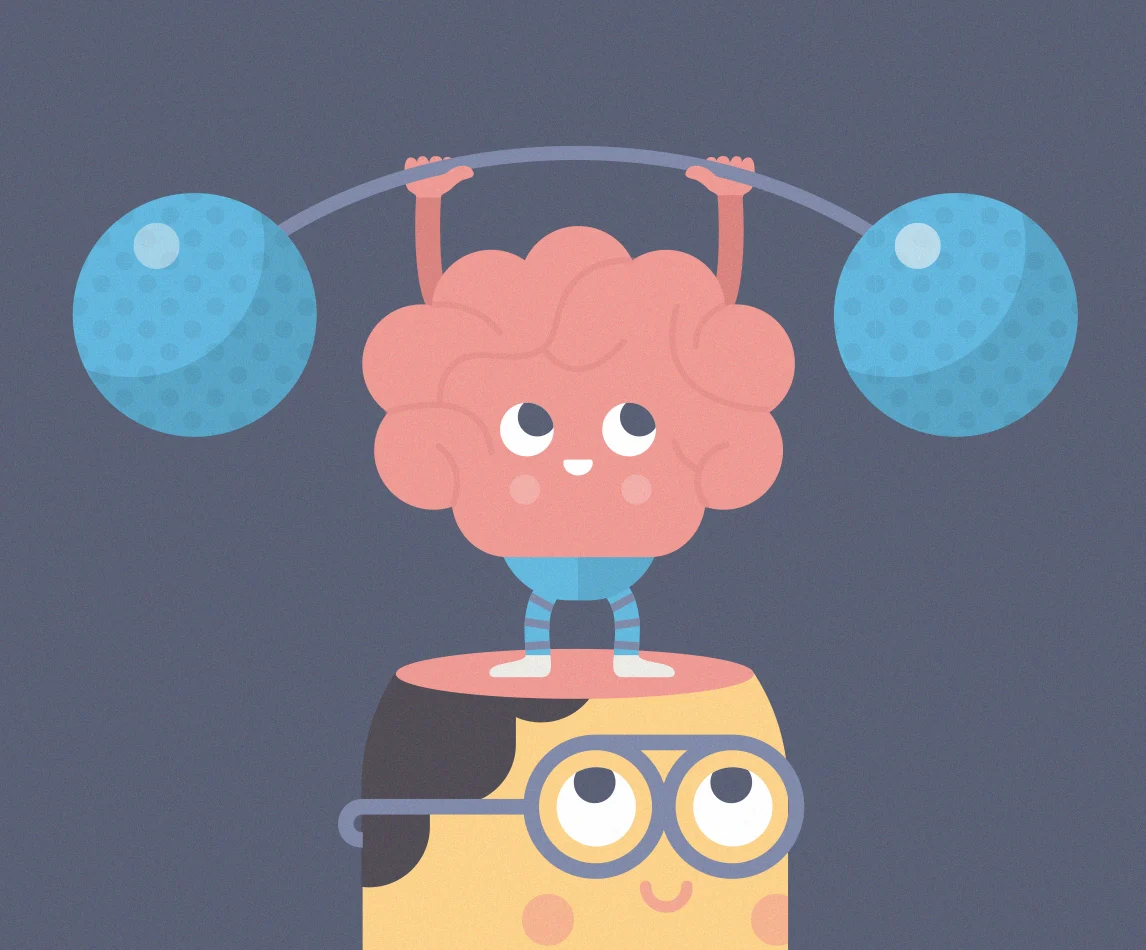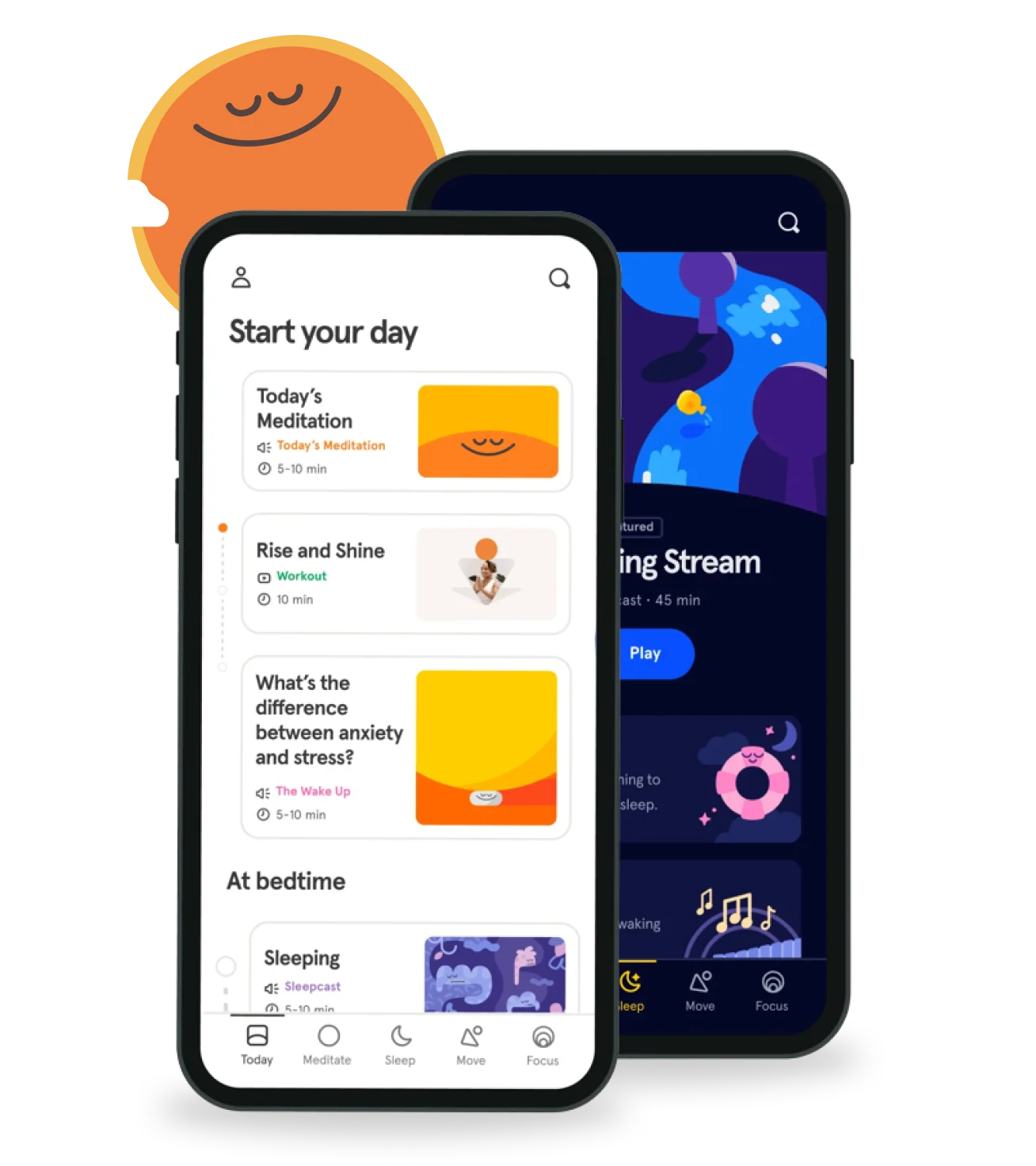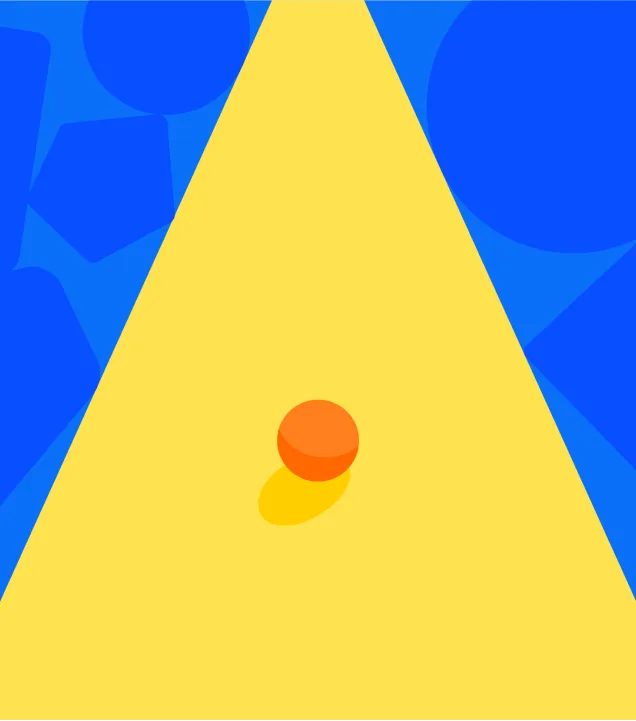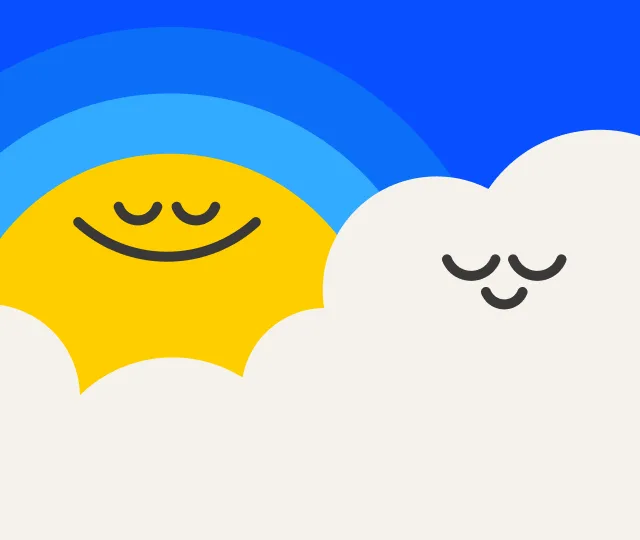The trick to getting smarter is kind of obvious
Dana M.
Conventional wisdom says that new experiences are good for us. Great figures ranging from Albert Einstein (“Intellectual growth should commence at birth and cease only at death”) to Henry Ford (“Anyone who keeps learning stays young”) tell us we should continue learning and adding skills throughout our lifetime.
In that spirit, I recently took my first performance driving class on a bit of a lark after seeing a post online about it. I spent a day at an autocross course learning to navigate slaloms at (what felt like) hair-raising speeds, to tear around corners safely, and getting to know my car's abilities—as well as my own! Afterwards, I felt revved-up and recharged, and it wasn't just from the horsepower. I wanted to know why. What happens to our brains when we tackle something new, and why is that good for us? So I talked with an expert on optimal performance in education. Eleazar Cruz Eusebio, Psy.D., is an associate professor at the Chicago School of Professional Psychology, and when it comes to the benefits of lifelong learning, he practices what he preaches. “I didn't start out being a brain scientist,” Eusebio says. “I am not a genius. I am actually just a very hard worker. I have to have new experiences to grow my brain.”

Because, he says, that's just what research is finding happens when we learn. Researchers are using functional magnetic resonance imaging (fMRI) to look at brain activity. And sure enough, they're finding that when we try something new, blood may rush to the amygdala, the pea-sized part of the primitive brain that regulates our emotions. When we're learning something like a new language, Eusebio explains, increased blood flow is also found in the hippocampus and areas of the cerebral cortex. Eusebio says we should think of the brain like a bicep in this regard. “[When you learn,] you're flexing that part of your brain and increasing blood flow, which we're starting to think does increase that part of the brain size.” But it's more than blood flow that’s giving us bigger brains. As we're learning new things, we're also increasing myelin—a white matter substance in the brain that coats neurons. Eusebio calls these cells the most advanced communications system on the planet. More myelin means “now neurons are connecting faster and communicating with one another better,” he says. “[So] we see not only gray matter density increase but [also] white matter integrity. That's the way the brain grows.” And a bigger brain isn't all. The increased blood flow going to our emotion regulator, the amygdala, may even be enhancing our desire to learn more, Eusebio says. “It's fascinating. Learning a little makes you want to learn more.”
"People who learn new skills are people who become more intelligent."

Luckily for us, learning anything—whether it's how to race a car or speak a new language—has unexpected benefits, Eusebio says. It improves your working memory, or your ability to hold information in your brain, like remembering a phone number long enough to dial it. It also makes for better verbal intelligence, any language-based reasoning from reading to talking. “People who learn new skills are people who become more intelligent,” Eusebio says. Curiosity plays a large role in that, but the more we learn, the more we want to learn and the more we can learn, at any age. So if I'd been smart, I would have taken my charged-up amygdala after that driving class and applied myself right away to the French lessons I've been meaning to take.


Be kind to your mind
- Access the full library of 500+ meditations on everything from stress, to resilience, to compassion
- Put your mind to bed with sleep sounds, music, and wind-down exercises
- Make mindfulness a part of your daily routine with tension-releasing workouts, relaxing yoga, Focus music playlists, and more
Annual - billed at $69.99 USD/yr
14 days free
$5.83 USD/month
Monthly
7 days free
$12.99 USD/month

Meditation and mindfulness for any mind, any mood, any goal
- © 2024 Headspace Inc.
- Terms & conditions
- Privacy policy
- Consumer Health Data
- Your privacy choices
- CA Privacy Notice








